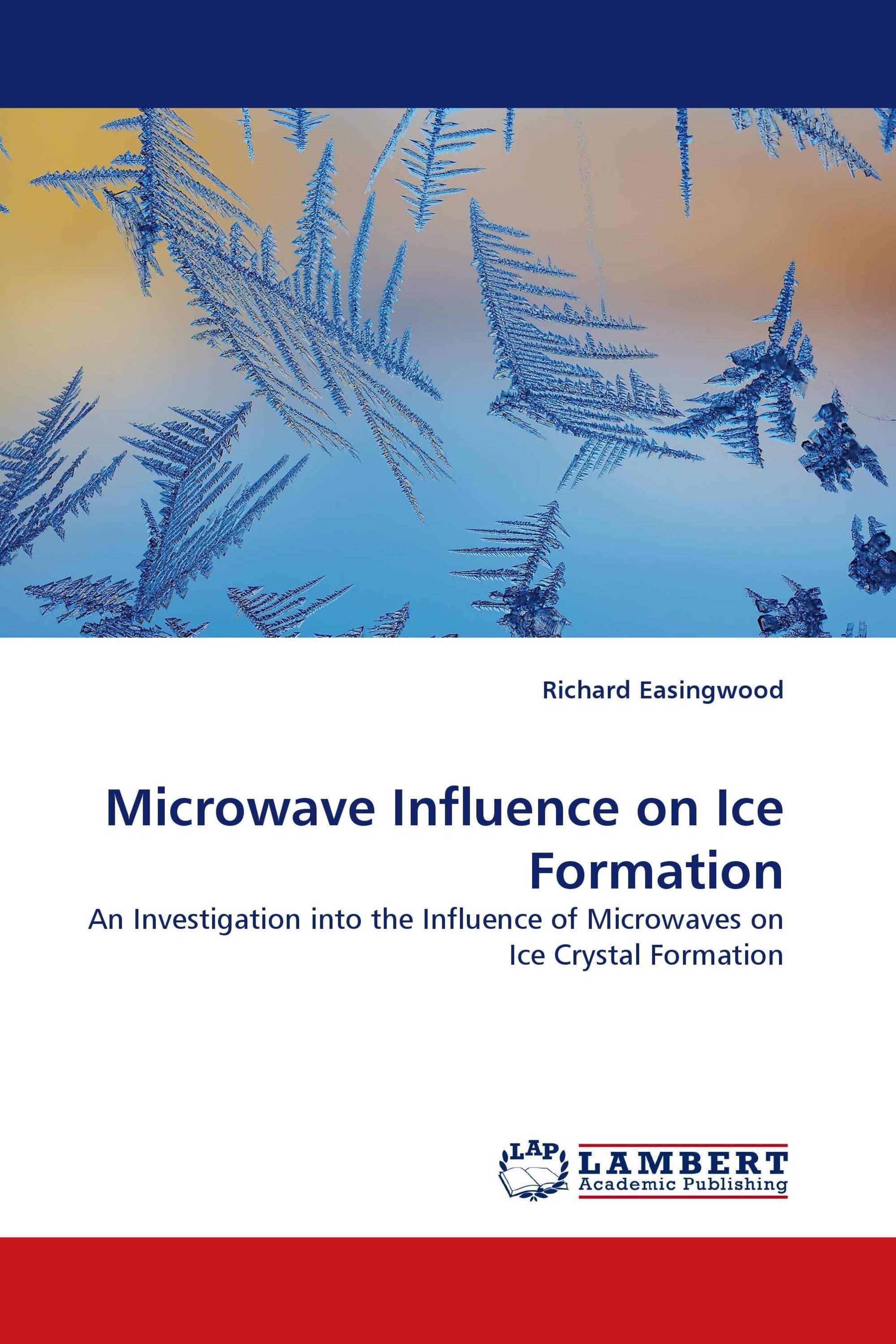Microwave Influence on Ice Formation
An Investigation into the Influence of Microwaves on Ice Crystal Formation
LAP Lambert Academic Publishing ( 2010-09-14 )
€ 59,00
The freezing of water is crucial in many, diverse fields such as organ and tissue storage, food preparation, vaccine and pharmaceutical storage, and biological microscopy. Despite the theoretical advantages of freezing over other preservation methods, it is beset with the problem of ice crystal formation. In microscopy, ice crystal suppression is crucial because crystals damage fine structure and render specimens unfit for high-resolution microscopy analysis. All current methods for suppressing ice crystals have limitations. Researchers have described smaller ice crystals resulting from freezing while exposed to 2.45 GHz microwaves. To investigate this further, model test specimens were frozen while exposed to a high power electromagnetic field and the resulting ice crystals examined using cryoSEM. The experimental techniques used in this work may be applicable to future studies and the results may provide a basis for further research into this important field.
Book Details: |
|
|
ISBN-13: |
978-3-8383-3037-2 |
|
ISBN-10: |
3838330374 |
|
EAN: |
9783838330372 |
|
Book language: |
English |
|
By (author) : |
Richard Easingwood |
|
Number of pages: |
148 |
|
Published on: |
2010-09-14 |
|
Category: |
Biology |




